Ever wondered what lies beneath the surface of shimmering waters, offering a whole new world to explore?
The secrets hidden in the depths, waiting to be unveiled, are a magnet for those seeking adventure and discovery.
With each dive promising a glimpse into a realm teeming with life and mystery, the allure of scuba diving and snorkeling is undeniable.
So, what wonders await those brave enough to take the plunge?
Just The Basics
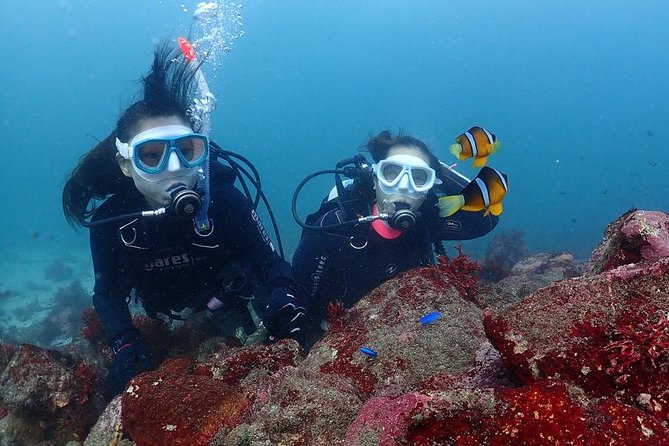
- Scuba diving offers deep exploration with equipment, while snorkeling is surface-level with minimal gear.
- Both activities provide unique marine experiences and physical benefits.
- Safety measures like emergency training and dive buddy systems are crucial.
- Choosing between scuba diving and snorkeling depends on depth preference and equipment comfort.
Here's some other great tours and experiences nearby we think you'll like.
Benefits of Scuba Diving & Snorkeling
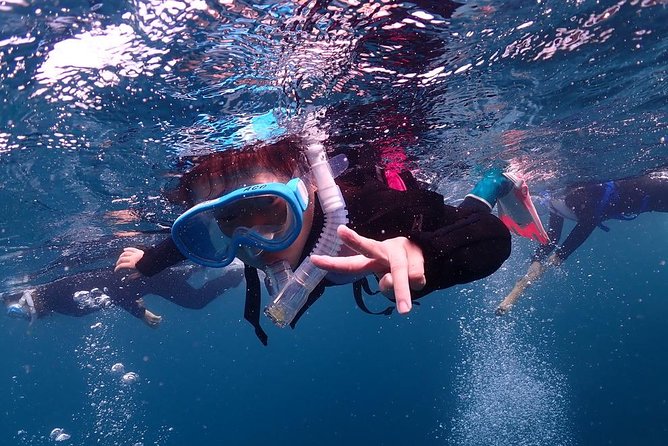
Scuba diving and snorkeling offer adventurers a unique opportunity to explore vibrant marine ecosystems up close. Apart from the thrill of underwater exploration, these activities come with fantastic health benefits.
The physical demands of swimming against the water resistance provide an excellent full-body workout, improving cardiovascular health and muscle strength. Plus, being surrounded by the tranquility of the ocean can reduce stress levels and promote relaxation.
The underwater world is also a visual feast, with colorful coral reefs and a variety of marine life to marvel at. Whether you’re diving into the depths or gliding near the surface, the experience isn’t only exhilarating but also beneficial for your well-being.
Essential Equipment for Diving
When gearing up for a dive adventure, make sure to pack your essential equipment to ensure a safe and enjoyable underwater experience. Diving gear essentials include a mask, snorkel, fins, wetsuit, BCD (buoyancy control device), regulator, dive computer, and weights.
It’s crucial to maintain your gear properly by rinsing it with fresh water after each dive and storing it away from direct sunlight. For those interested in underwater photography, equipment like a waterproof camera housing, strobes, and wide-angle lenses can help capture the beauty beneath the waves.
Remember to practice good buoyancy control to prevent disturbing marine life while taking photos. By investing in the right gear and following maintenance tips, divers can enhance their diving experiences and create lasting memories.
Top Snorkeling Destinations Worldwide
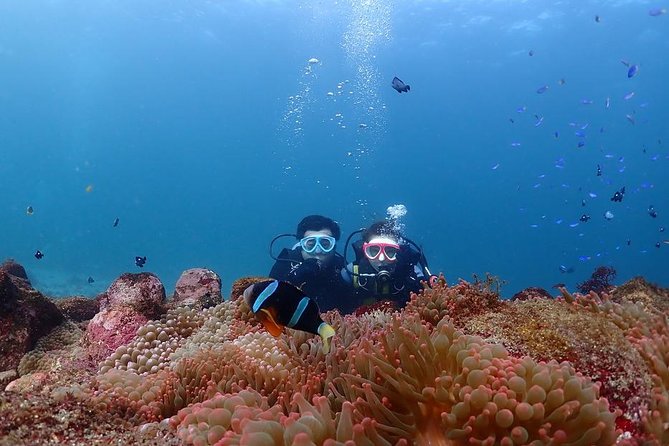
Gear up for an unforgettable aquatic adventure by exploring the top snorkeling destinations worldwide, offering vibrant marine life and stunning underwater landscapes.
- Great Barrier Reef, Australia: Home to a kaleidoscope of colorful fish and corals, this iconic spot is a must-visit for snorkeling enthusiasts.
- Galápagos Islands, Ecuador: Dive into the crystal-clear waters of this UNESCO World Heritage site to encounter unique marine species like sea lions and marine iguanas.
- Tubbataha Reef, Philippines: Explore one of the best-preserved coral reef systems in the world, teeming with diverse marine life and fantastic visibility.
Don’t forget your best gear for these top spots to make the most of your underwater experience!
Safety Tips for Underwater Activities
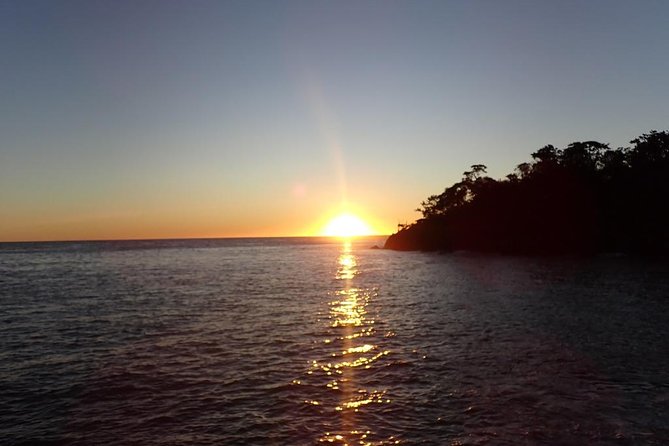
Before diving into the underwater adventure, make sure to brush up on essential safety tips for a worry-free exploration beneath the waves. When engaging in scuba diving or snorkeling, understanding emergency procedures is crucial. Proper underwater communication with hand signals ensures a safe dive. Implementing the dive buddy system adds an extra layer of security, as you and your partner can watch out for each other. Maintaining proper buoyancy helps protect fragile marine life and prevents accidents. Here’s a handy table to summarize these safety tips:
| Safety Tips | Description |
|---|---|
| Emergency Procedures | Learn how to respond in critical situations underwater |
| Underwater Communication | Master hand signals for effective communication |
| Dive Buddy System | Partner up for added safety and support |
| Proper Buoyancy | Protect marine life and prevent accidents |
Difference Between Scuba Diving and Snorkeling
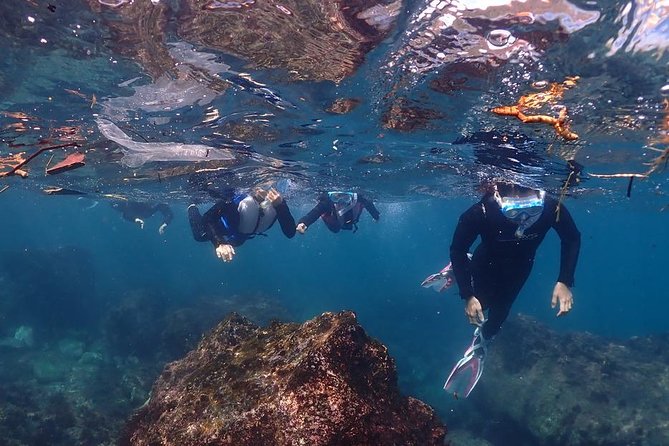
For those seeking underwater adventures, scuba diving and snorkeling offer distinct experiences to explore the marine world with varying levels of immersion.
-
Equipment: Scuba diving involves wearing a wetsuit, air tank, regulator, and other gear for deep dives, while snorkeling requires minimal equipment like a mask, snorkel, and fins for surface-level exploration.
-
Depth: Scuba diving allows divers to descend to greater depths, providing access to deeper marine ecosystems, whereas snorkeling keeps individuals near the water’s surface.
-
Duration: Scuba dives typically last longer due to air tank capacity, enabling more extended underwater exploration, while snorkeling sessions are generally shorter and dependent on individual breath-holding capabilities.
Marine Life Conservation Efforts
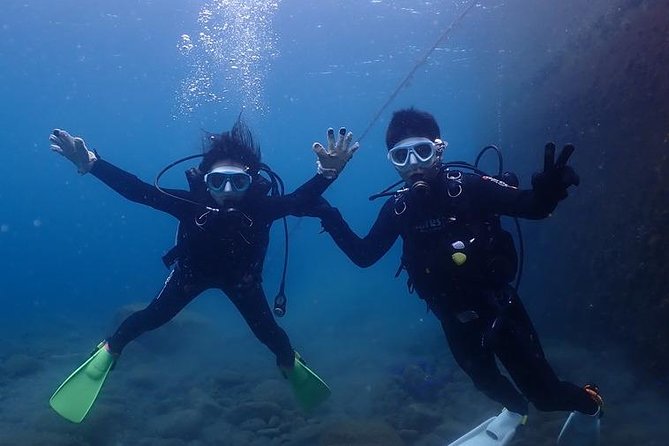
When considering marine life conservation efforts during scuba diving and snorkeling excursions, it’s essential to be mindful of the impact divers can have on underwater ecosystems. Sustainable tourism practices play a crucial role in protecting marine life.
Engaging in coral restoration projects and supporting marine protected areas can help preserve delicate underwater environments. By participating in these initiatives, divers contribute to ocean conservation and ensure the longevity of diverse marine species.
It’s important to choose operators that prioritize environmental sustainability and adhere to responsible diving practices. By promoting awareness and actively taking part in conservation programs, divers can help safeguard the beauty and biodiversity of our oceans for future generations to enjoy.
Exciting Night Diving Experiences
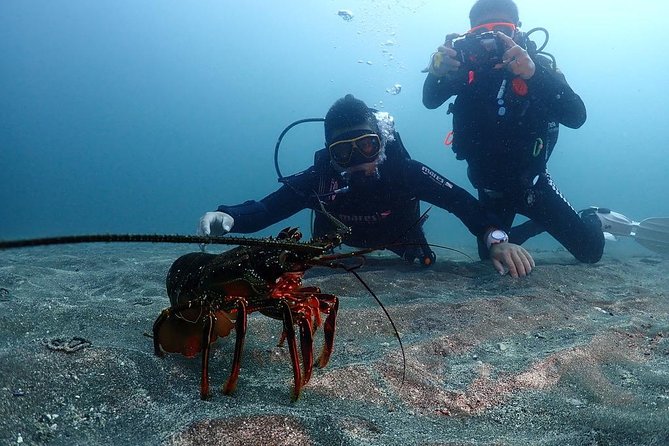
Venture into the mysterious depths of the ocean on an exhilarating night diving adventure. Night diving offers a whole new perspective on the underwater world, providing a thrilling experience for divers.
Here are some highlights of exciting night diving experiences:
- Encounter unique nocturnal marine life such as bioluminescent creatures.
- Experience the peacefulness of the ocean at night, a serene and calming environment.
- Contribute to marine conservation efforts by participating in night dives focused on monitoring and protecting marine ecosystems.
Night diving also presents excellent opportunities for underwater photography, capturing the beauty of marine life in a different light while supporting marine conservation initiatives.
Choosing the Right Dive Operator
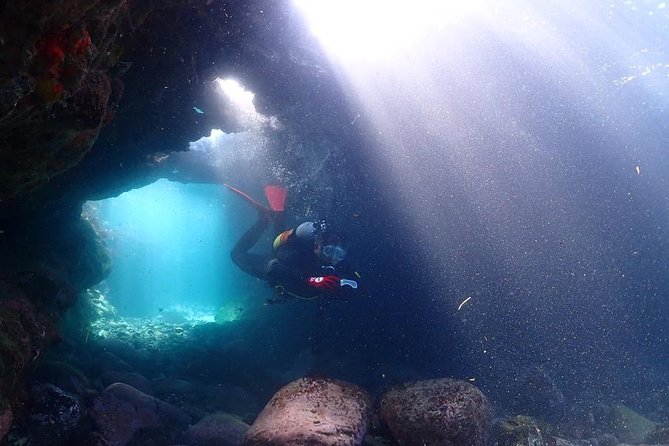
Choosing the right dive operator can greatly enhance your scuba diving and snorkeling experience, ensuring safety and enjoyment throughout your underwater adventures. When it comes to dive operator selection, make sure to check if they meet certification requirements and have experienced instructors.
Dive package options are essential too; look for operators offering a variety of activities like snorkeling tours, underwater cave exploration, and marine conservation programs. Some operators also provide booking discounts, so keep an eye out for those to save some extra cash.
Frequently Asked Questions
Are There Age Restrictions for Scuba Diving and Snorkeling Activities?
Age restrictions may apply for scuba diving and snorkeling activities to ensure safety. Some locations may require parental consent for minors. Training programs are available for beginners. Always check specific guidelines before booking.
Is Previous Experience Required to Participate in Scuba Diving or Snorkeling?
For scuba diving and snorkeling, previous experience is not always required. Equipment rental and training options are available, along with safety precautions. Group discounts might also be offered, making these activities accessible to beginners.
What Is the Typical Duration of a Scuba Diving or Snorkeling Excursion?
For a typical scuba diving or snorkeling excursion, participants can expect an adventure lasting around 2 to 4 hours. Equipment rental is usually included, and safety procedures are carefully followed by experienced instructors throughout the activity.
Are There Any Health Considerations or Medical Requirements for Participating in These Activities?
When it comes to health precautions and safety guidelines, it’s essential to consider any medical clearance requirements before engaging in these activities. Equipment rentals may also be available to ensure a safe experience.
Are There Any Restrictions on Bringing Personal Underwater Cameras or Photography Equipment on the Diving Trips?
While on diving trips, participants should adhere to equipment regulations and photography guidelines. Personal underwater cameras and photography equipment are typically allowed; however, it’s advisable to confirm with the tour operator for specific rules.
Final Words
So, whether you’re a newbie or a seasoned pro, scuba diving and snorkeling are sure to provide an unforgettable underwater adventure.
With the right gear, safety precautions, and a sense of wonder, you can explore the majestic beauty of the ocean and its marine life.
From vibrant coral reefs to mysterious underwater caves, there’s always something new to discover beneath the waves.
So grab your gear, dive in, and let the ocean enchant you with its magic!
